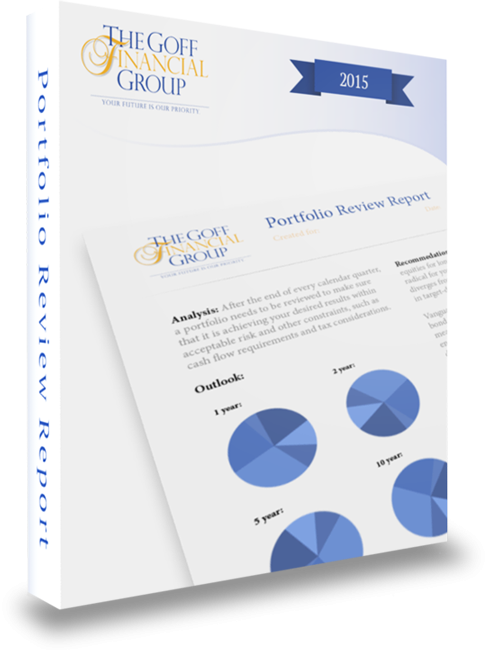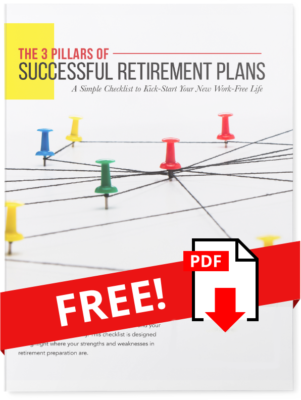Investment Portfolio Review
We’ll help you determine:
1. If you are taking too much risk with your investments.
2. If you are paying too much in fees and commissions.
3. If your portfolio is being managed in a tax-efficient manner.
4. If your investments are on the right track.
[contact-form-7 id=”91″ title=”squeeze”]
We do not share your information. See our Privacy Policy

How to improve your returns
As part of your Portfolio Review, we’ll help you answer the question “Are my investments performing as well as they should?” We often see portfolios that have far too many investments, including an excessive number of stocks and mutual funds. Using too many investments to diversify a portfolio can significantly lower performance, which famed investor Peter Lynch called “diworsification.” Poor returns can seriously reduce an investor’s financial security, as there is simply less money available for future spending needs. With your Portfolio Review Report, we’ll show you ways to reduce improve your returns with lower costs and without taking excessive risks. To get your Portfolio Review Report, click here.
How to reduce your risk of loss
We often discover risk levels that are far beyond what the investor expected, especially in portfolios that rely heavily on mutual funds, including exchange traded funds (ETFs). If your portfolio consists primarily of mutual funds or ETFs, there is a strong chance you are taking too much risk with your investments without evening knowing it.
Having too much invested in one stock is an obvious risk, while other risks are often hidden from view within the mutual fund and ETF holdings you may own. Hidden risks within the funds may include too many investments trading at premiums to the overall market. Another hidden risk may include overexposure to stocks or even one industry, such as energy or technology, thus greatly increasing the risk of loss during periods of market decline. As part of your Portfolio Review, we’ll look for such risks of overexposure to a single stock or industry. We’ll also look for other risks that may produce significant losses in your portfolio such as having too much invested in any one market such as stock, bond, real estate and commodity markets. To get your Portfolio Review Report, click here.
How to reduce your investment costs
When it comes to the question of cost, we frequently see portfolios suffering from excessive fees and commissions which can greatly reduce your investment returns. You may not fully understand what is being charged or the reason for a charge, as some fees are not always transparent, especially if you own too many mutual funds. Because of this, we will check your account statements to determine what your fees are and if excessive trading is taking place to generate commissions in your accounts.
When we see portfolios that include too many mutual funds, hedge funds or annuities, often the costs can be far higher than expected. Such costs can be even greater if you are being charged wrap fees in lieu of commissions (a common practice today with many brokerage accounts). In addition, if we see too much trading activity in your accounts, this may be a good sign that you are paying too much in investment-related taxes each year. We’ll look for ways to reduce your tax liability by improving the tax efficiency of your investment portfolio. As part of your Portfolio Review Report, we’ll provide practical recommendations to quickly bring down your costs to help improve your return potential and to reduce your risk of underperformance. To get your Portfolio Review Report, click here.
What is truly a fee-only advisor?
Many advisors claim to be fee-only, but few truly are. Advisors who receive fees from financial products are not fee-only as these fees are really just sales commissions. Advisors who charge a fee in lieu of commissions to process trades on your accounts are also not fee-only. A truly fee-only advisor is not a broker and is only compensated directly by the clients. Most importantly, a fee-only advisor has a fiduciary duty to put your interests first.
As a fee-only Registered Investment Advisor, we are not a broker nor do we sell any financial products for any fees or commissions. We are only paid by our clients for our services and we have a fiduciary duty to put your interests first. As a member of NAPFA (National Association of Personal Financial Advisors), the leading association for fee-only financial advisors in the United States, we meet NAPFA’s very high standard of what is truly a fee-only advisor – someone who is ONLY compensated by the client and does not sell any products for commissions or fees. To get your Portfolio Review Report, click here.

